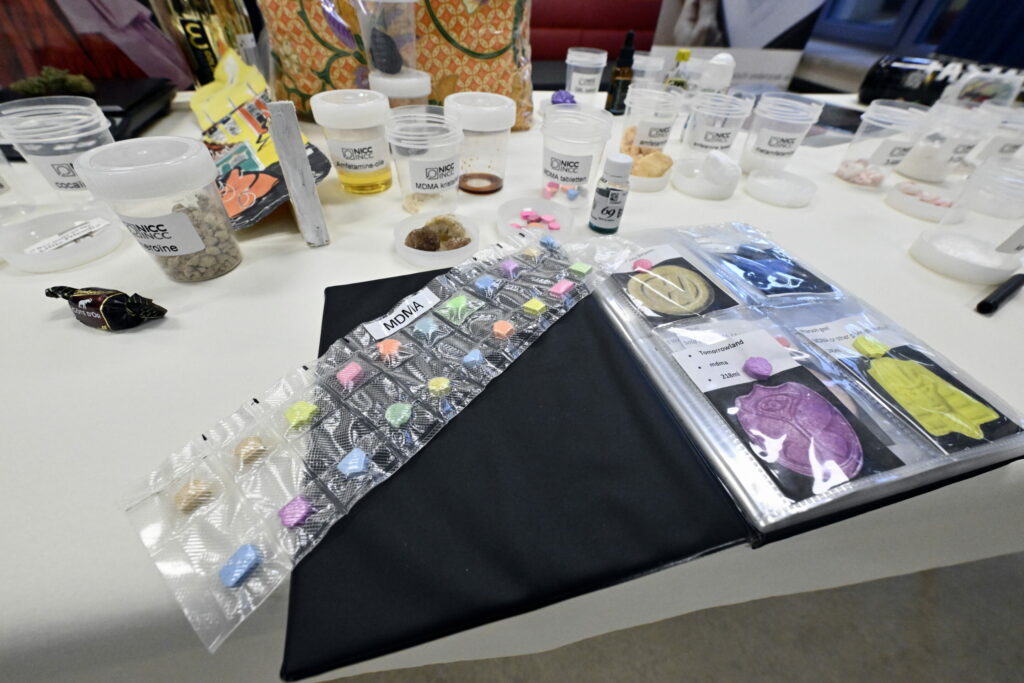The drug use of people in Belgium is almost twice as high as initial estimates, new figures from the National Bank of Belgium (NBB) showed. This is the most significant upward revision of drug use in recent years.
People in Belgium bought €1.2 billion worth of illegal drugs in 2023, according to a new National Bank estimate, reported on by De Tijd. This figure is almost double the previous estimate of €647 million. As the average price of drugs has remained roughly stable since 2013, this stark rise mainly indicates a sharp increase in drug use.
The new estimate is the result of a recalculation of the country's key macroeconomic statistics based on new sources. This includes a re-estimation of the size of the illegal economy, which is also part of gross domestic product (GDP). The estimate is also based on information from the European Drugs Agency, the federal police, the scientific institute Sciensano and institutions which help people who are dependent on drugs.
The sharp rise mirrors cocaine seizures at the port of Antwerp-Bruges, which were continually increasing before reaching a record-high last year. The first six months of 2024 saw half as many cocaine discoveries, both at the biggest Belgian port and in the Netherlands. However, this is likely a 'waterbed' effect which has seen gangs seek alternative routes due to increased vigilance.
The NBB's estimation is not entirely reliable, however. "The results remain subject to considerable uncertainty because the estimate relies on many assumptions and very few observations are available."
Illicit economy
Aside from the use of illegal narcotics, the figures on Belgium's illegal economy also include sex work services, for which estimates on spending have also been slightly revised upwards.
According to the NBB estimate, people in Belgium spent an average of €1.1 billion on sex work over the last three years. This estimate was based on a 2015 KU Leuven study, new information gathered online, and police information on the number of window sex workers in 2023. It found that more money is being spent on escorts, mainly at the expense of window sex work and massage parlours.
Overall, this illegal economy is slightly larger than previously thought. Its size averaged 0.5% of GDP from 2009 to 2021, amounting to €3 billion today, instead of the previous estimate stating it accounted for 0.4% of GDP.
Even bigger than the illegal economy is the market covering unreported employment or cash-in-hand jobs. This includes those carrying out legal activities who do not declare their income. The NBB estimates that this economy accounted for an average of 3.4% of GDP – 0.1 percentage points lower than the previous estimate – or some €20 billion over the period 2009-2021.

